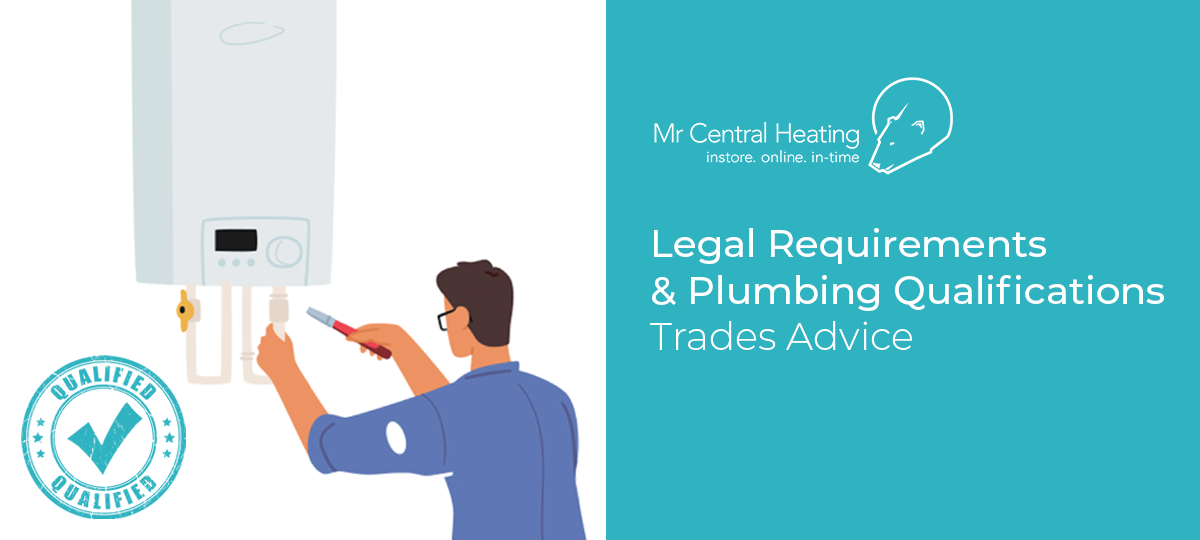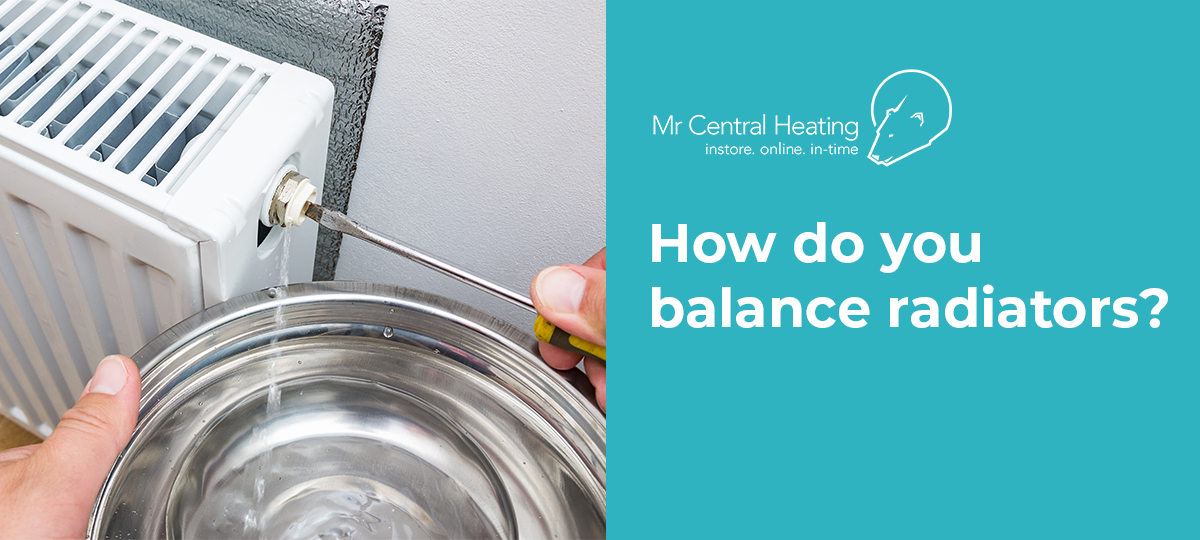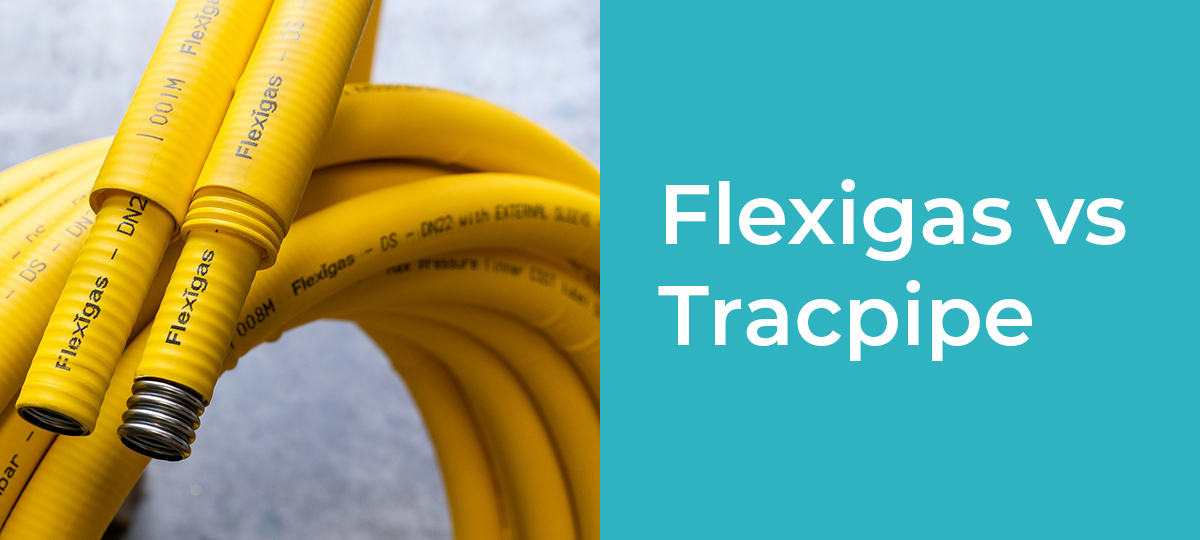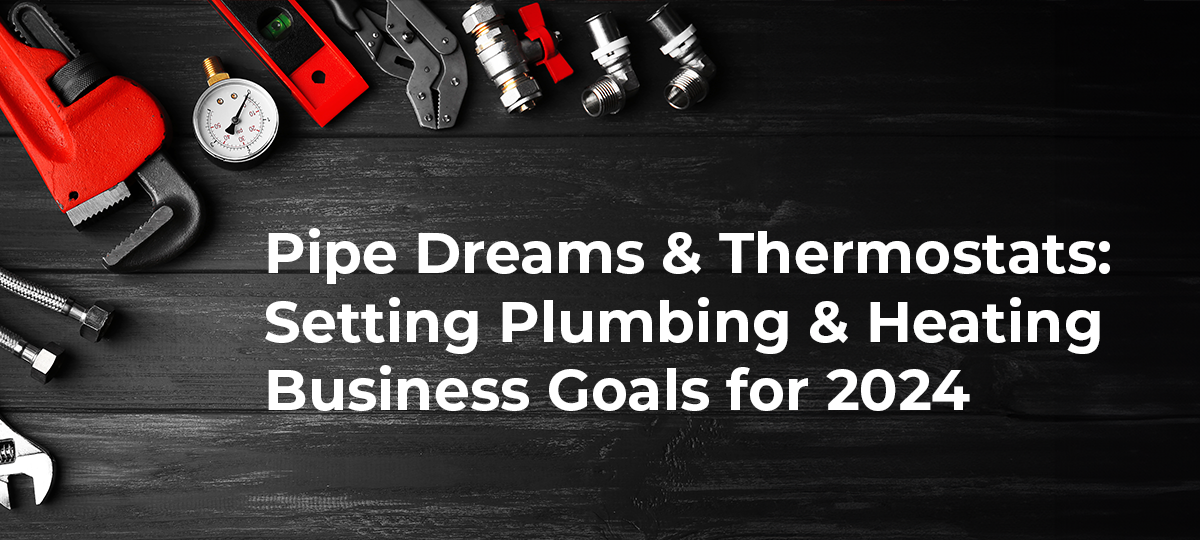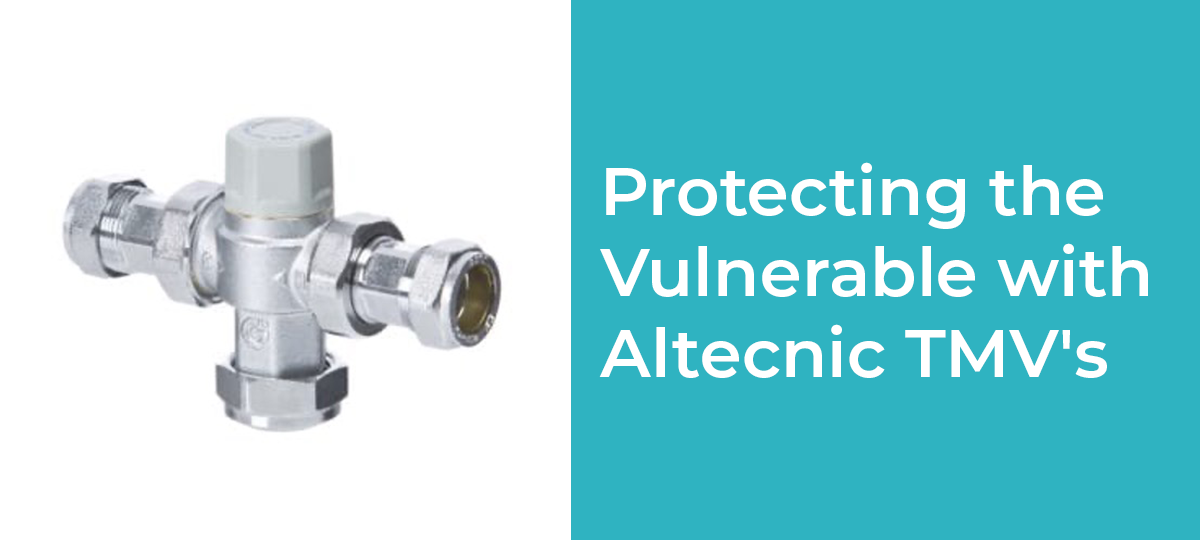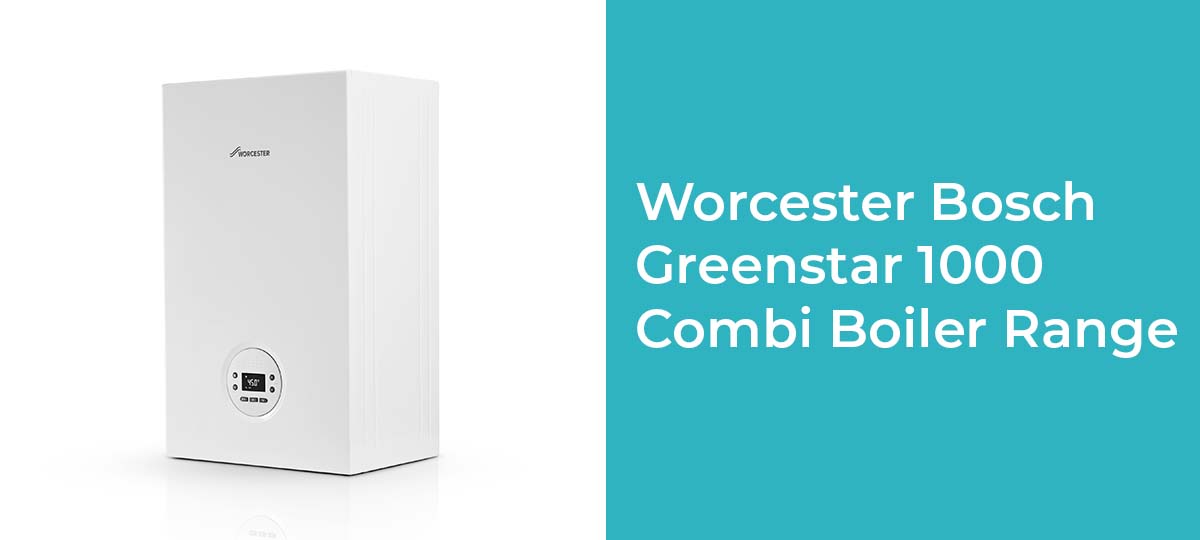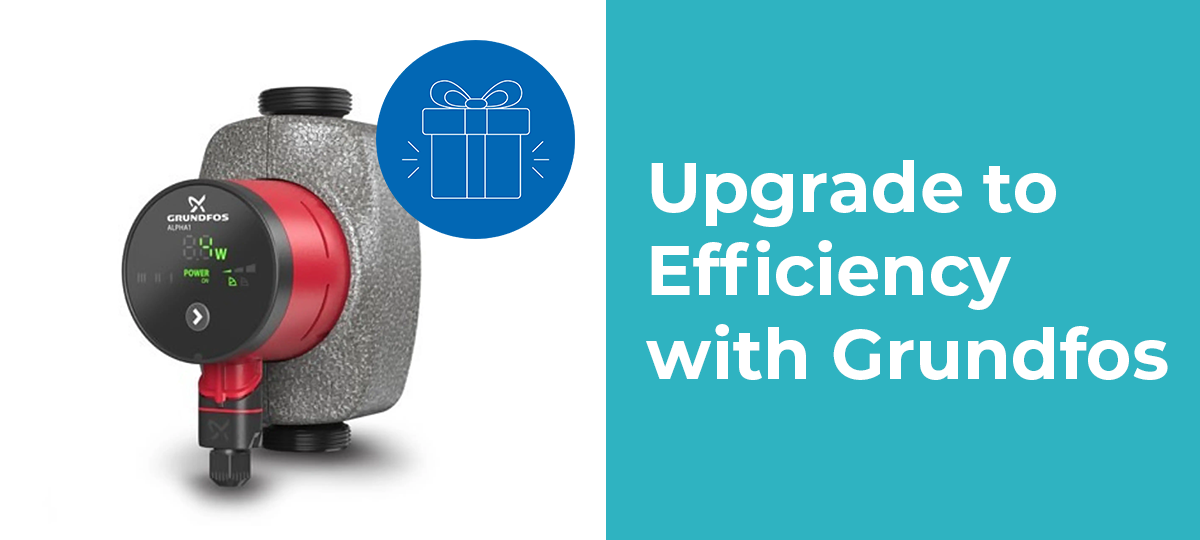Legal Requirements & Plumbing Qualifications
When it comes to working as a plumber in the UK, you might be surprised to find out that there aren't any real legal requirements to stop you from working as a wet plumber. Well on paper at least. However, there are plenty of areas relating to plumbing that can get you into legal trouble if you do something wrong or work in an area that you are not allowed, or qualified to work in. You can get yourself into legal trouble and on the wrong side of legislature and regulations if you do not know what you are doing and attempt to carry out work that should be left to a professional.
So, with that in mind it's not really a good idea to start working as a plumber without qualifications or relevant experience. Not only can it be dangerous, and you can get into issues with health and safety, but you might also open yourself up to legal issues. It is important to ensure that you get yourself qualified by taking a plumbing course or completing an apprenticeship before you start working with gas or water systems.
Legal Issues & Requirements for Plumbers
Although there may not be any official legal requirement to operate a plumber, there are some things that plumbers cannot do without some specific qualifications. For example- if you wanted to install, alter or repair domestic gas appliances then there are stringent rules and laws in place to ensure that only gas safe registered companies can deal with this kind of work and apparatus.
Another issue is when dealing with central heating system, even if they are not gas operated. Any plumber that is altering electrical work will need to ensure that they are qualified to do so, else they can run into issues surrounding building regulations and control. Domestic heating systems will need to be installed and repaired by qualified heating engineers. To deal with this sort of thing you will need to register as a 'competent person' and you’re unlikely be able to do this without being an experienced plumber with the proper qualifications.
An unqualified person may be able to legally make changes to domestic plumbing pipework for example, but without proper plumbing training you will not be fully versed in the water regulations which could be a breach of the law. For example, plumbers need to abide by the Water Supply (Water Fittings) Regulations and Water Supply (Water Fittings) (Scotland) Byelaws.
Ultimately, working in the plumbing industry is quite a varied job and you will often be called upon to work on all sorts of different equipment from radiators, electric boilers, hot water storage systems, washing machines and everything in between!
Legal Cover for Plumbers
Public liability insurance is something that you might want to consider if you are working as a plumber. Public liability insurance can help cover you in case of in third-party injury or damage to someone else's property caused by the work that you have carried out. Plumbing business insurance is something providers working in the plumbing trade needs for peace of mind.
Plumbing Skills and Becoming a Qualified Plumber
If you're looking to become a plumber a much better option is to take a training course at an approved training centre and take plumbing qualifications such as the City and Guilds NVQ level 1, 2 and 3 courses. From here learners could even springboard into becoming a qualified gas engineer. Gaining an NVQ diploma is a great way to qualify as a plumber and ensure that you know what you are doing when it comes to plumbing.
When it comes to starting out as a qualified plumber as a new career there aren't any real entry requirements although you would aim to get some good GCSE grades at school, especially if you are looking for an apprenticeship where you can gain work experience alongside formal qualifications and education. This suits someone young, such as a school leaver looking to start their career, but for someone a little older, full-time education might be a better option, where you can retrain, relatively quickly.
Professional Plumbing Associations
If you want to show your customers that you have reached a certain standard, you may wish to join a profession associations since many of these organisations offer approved contractor type schemes. Another benefit is that some of these associations can provide you with discounts on things such as insurance and training. Two trade associations are:
-
The Chartered Institute of Plumbing and Heating Engineering (CIPHE) is a professional body for the UK plumbing and heating industry.
-
The Association of Plumbing and Heating Contractors (APHC) is a trade body for the plumbing and heating industry in England and Wales
-
For plumbers based across Scotland and Northern Ireland the Scottish & Northern Ireland Plumbing Employers' Federation (SNIPEF) may be an organisation worth joining.
Finding a great plumbing supplier such as Mr Central Heating is also something that can help you run a successful plumbing business. View our range of helpful online tools such as our blog posts, and register as an installer to our installer database, as well as our huge range plumbing and heating products.









